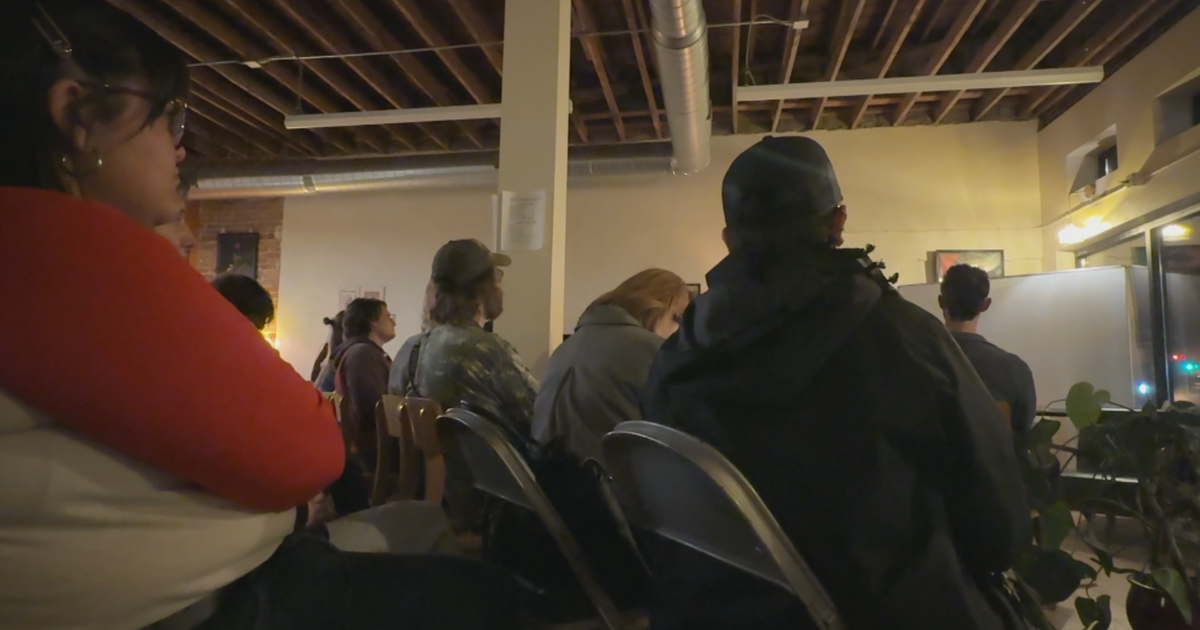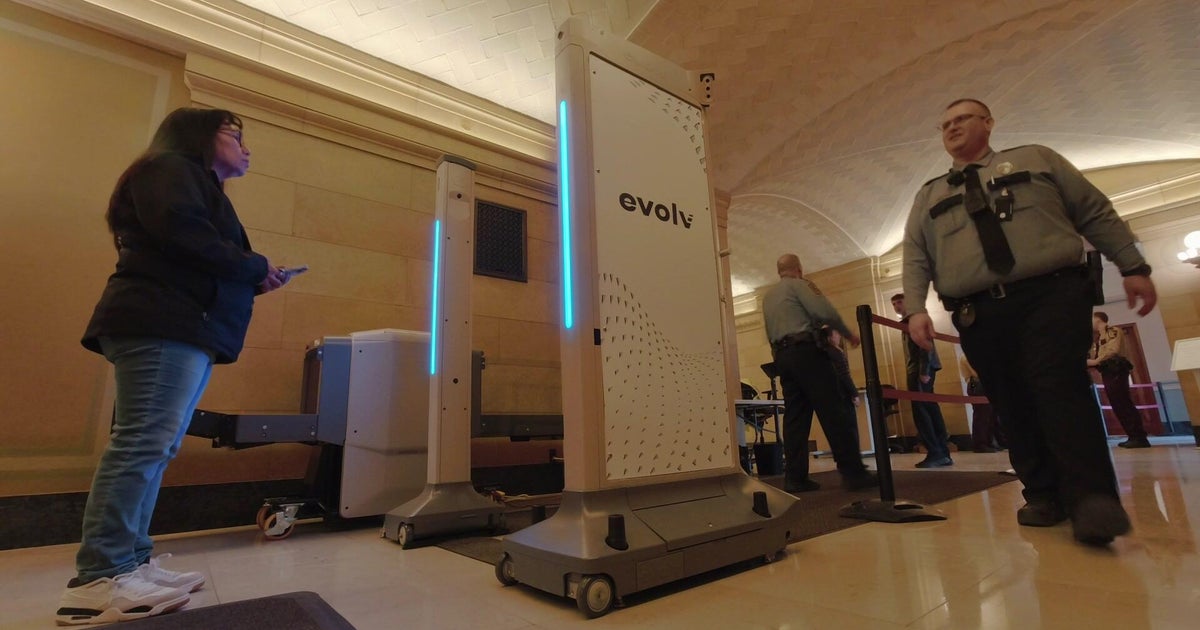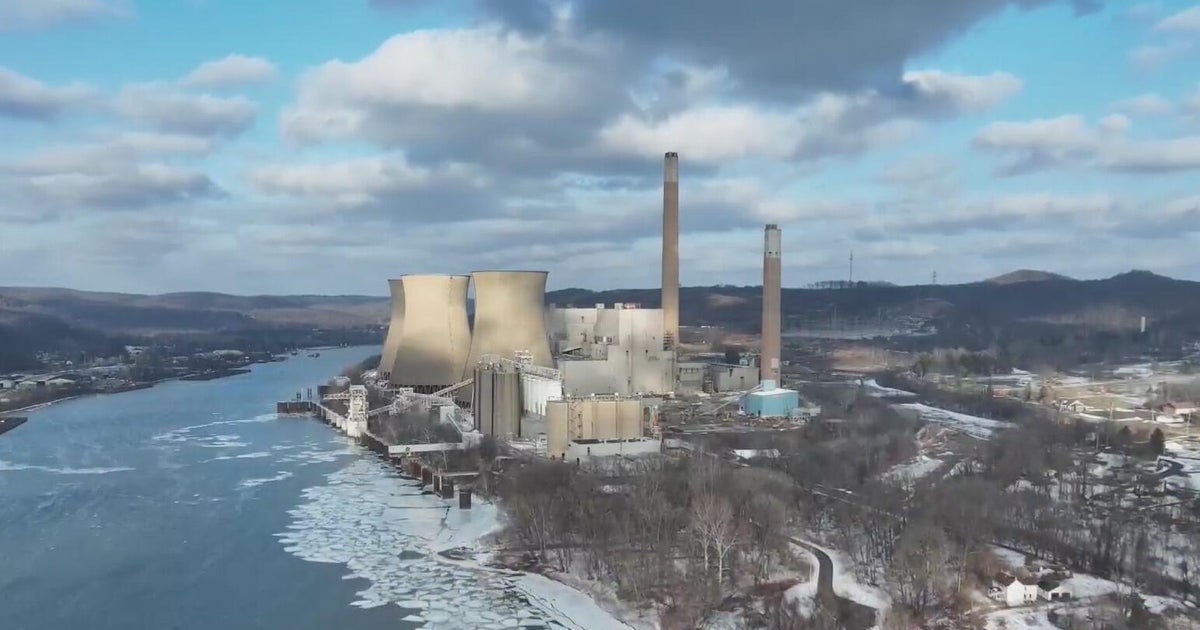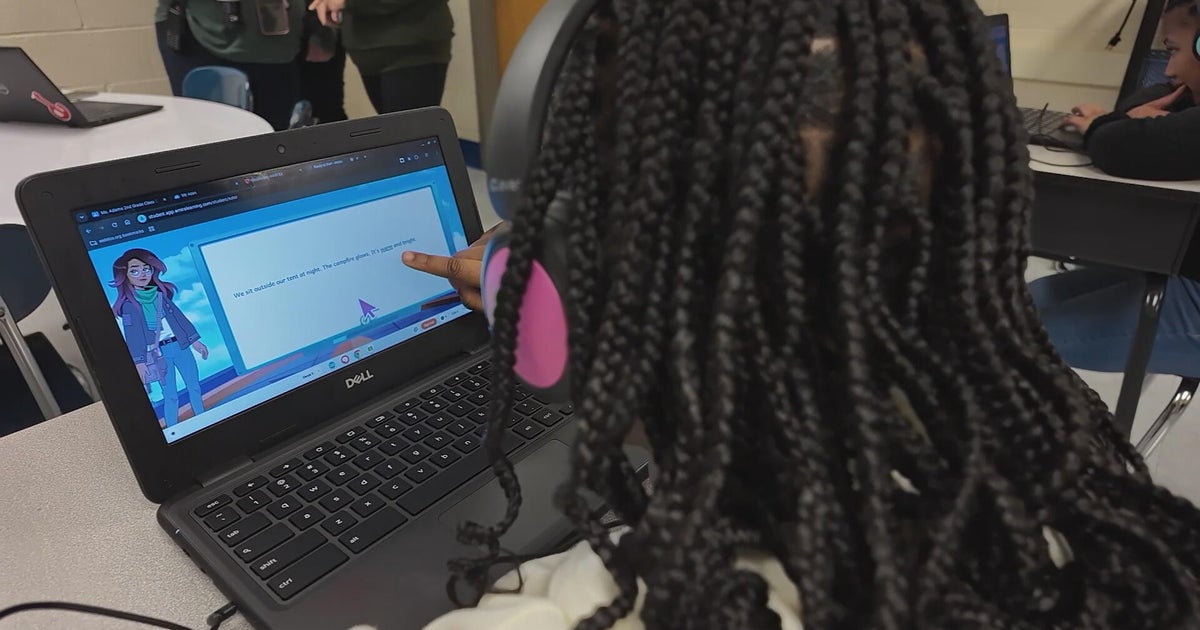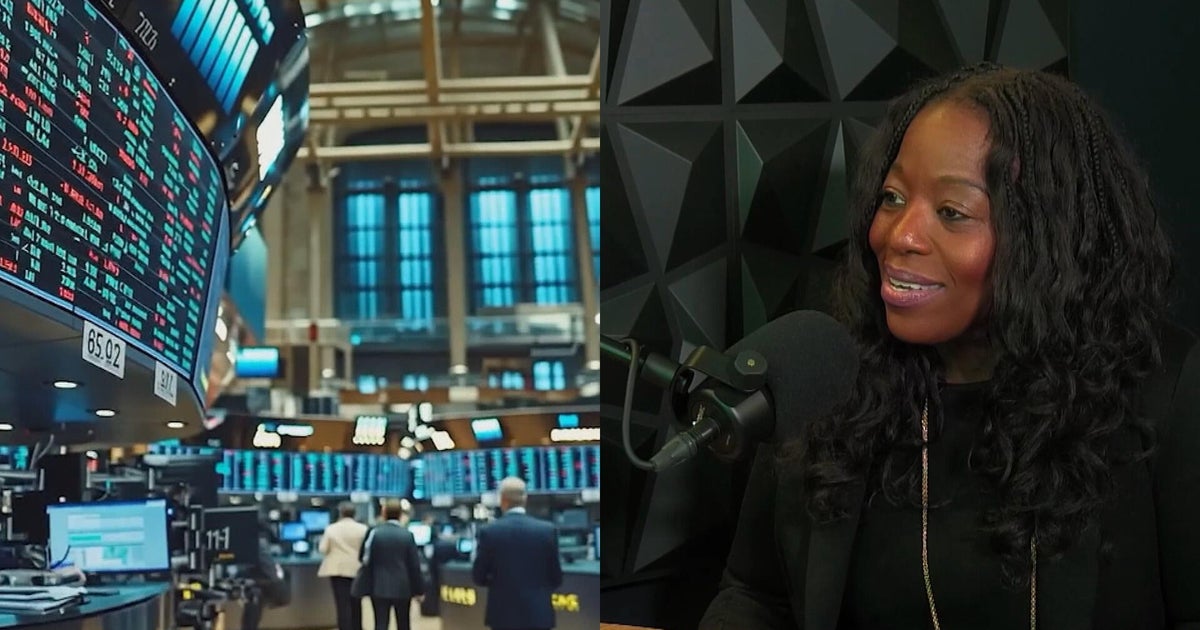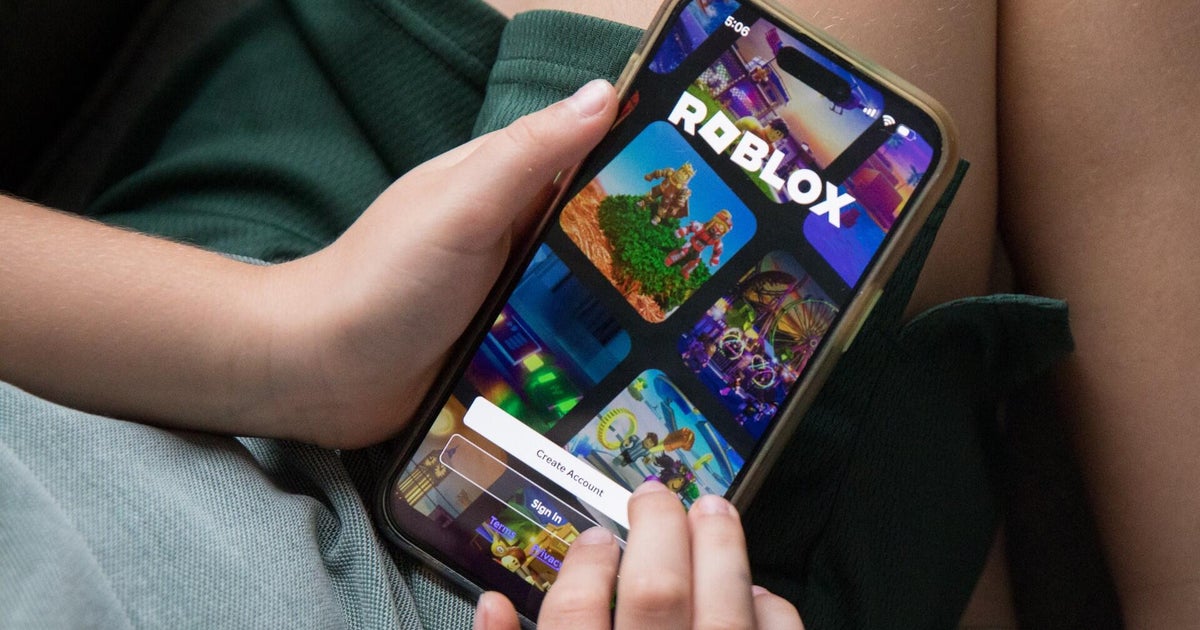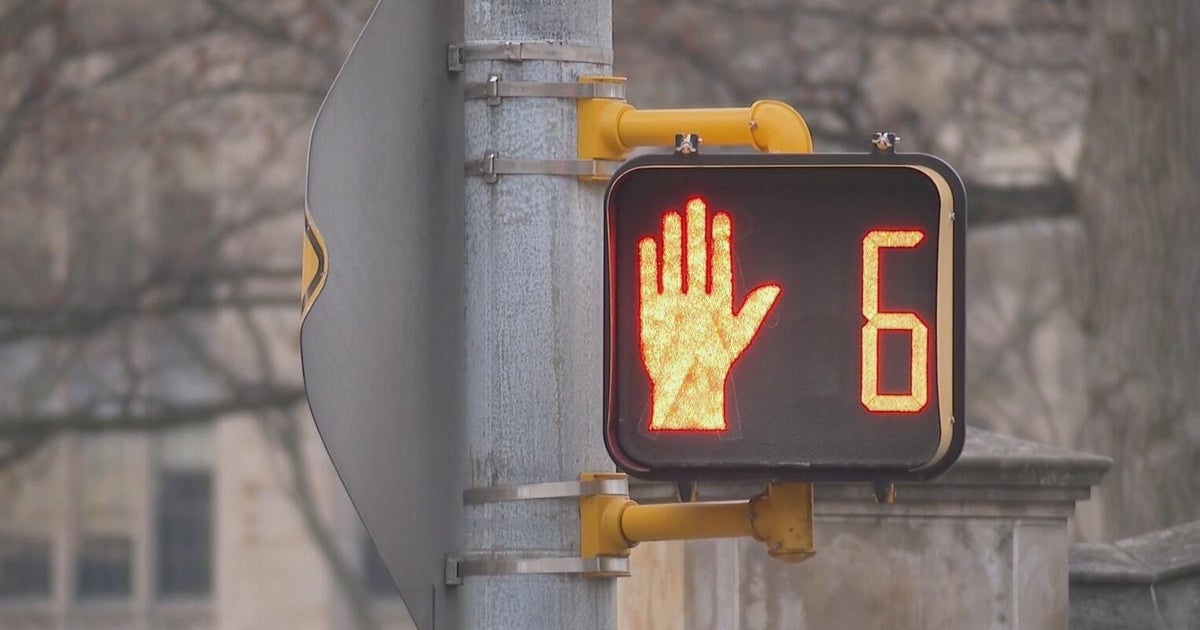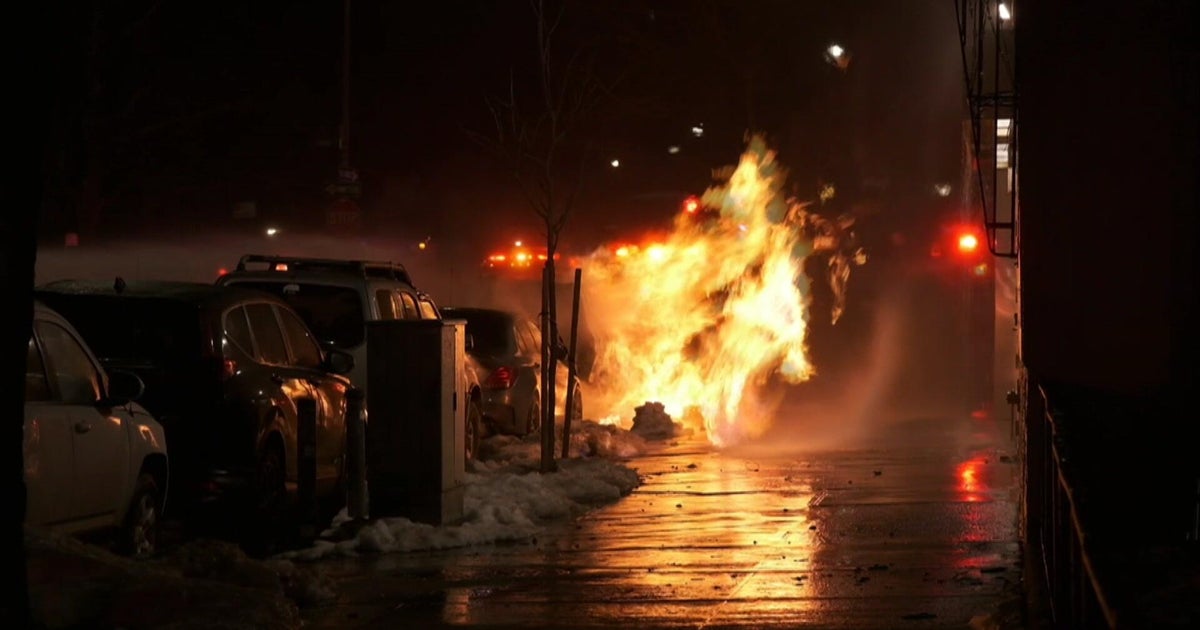Both pros and cons emerge as artificial intelligence technology, AI, advances quickly
PITTSBURGH (KDKA) -- In just the past two years, artificial intelligence, or AI, has gone from research universities to main street. But there are both pros and cons in these startling and fast-moving advancements made in AI.
Its name is FRIDA and it's a robot using artificial intelligence technology to generate portrait paintings from photographs.
Usually, they are of colleagues of its developers, Jean Oh and Peter Schaldenbrand, at Carnegie Mellon University. Other times, it's a Pittsburgh luminary like Andy Warhol.
FRIDA is one of many emerging visual technologies using AI to create unique images, which are raising concerns among graphic and fine artists, who fear these machines will take away their livelihoods.
"With the production of images, people are concerned this is going to put artists out of a job," Vincent Conitzer, a Carnegie Mellon University professor, said. "And, a concern that [it] is also ripping off certain artists."
Most of the concern has been centered around an AI application called Dall-E-2, which responds to verbal commands to produce graphic images, sometimes of unlikely pairings.
"DALL-E-2 is a new AI system from OpenAI that can take simple text descriptions like a koala dunking a basketball and turn them into photo realistic images that have never existed before," Conitzer said.
The threat is mostly to illustrators who make graphic art for publications, videos and advertising, but also to fine artists. Though Pittsburgh painter Bill Pfahl is skeptical DALL-E-2 can match humans.
"I know so many really fine artists, and a machine can't touch what they can do," Bill Pfahl, a painter, said.
So, we put both to the test, giving Pfahl and DALL-E-2 the same prompt. A beautiful sunset over Downtown Pittsburgh, in an impressionistic style.
KDKA's Andy Sheehan: "These are wholly new images."
Conitzer: "It's creating them from scratch; drawing from lots of images it's seen before."
Pfahl painted his image over the course of three hours from Grandview Avenue. The image could be seen as similar in some ways to DALL-E-2's image, but rather than a synthesis of existing paintings, it's one made by hand from a lifetime of experience.
"With your insight and practicing, and your spirit, and immersing yourself in some subject, it's something I cannot foresee a machine doing," Pfahl said.
Schaldenbrand says FRIDA isn't a threat to real artists; instead, he says it could help people with visual or physical impairments make images.
OpenAI, which created DALL-E-2, says its policies require users to be upfront with their audience when using tools like DALL-E-2. The same applies to another one of their programs, ChatGPT, which is creating a stir of its own.
Kelly Tobias's AP English class at Chartiers Valley High School is filled with bright young writers who say they compose their essays and term papers on their own, but they say plenty of other students are using an artificial intelligence program called ChatGPT to do the work for them.
In ChatGPT, a student can type in a prompt -- write a term paper on the Civil War in the manner of a tenth grader -- and in milliseconds, ChatGPT scans the internet and can produce a paper on this or just about any other subject.
Not a copy of something already published but something new. It is synthesized from various sources and hard to detect as plagiarism. It's presenting a problem for educators.
Carnegie Mellon University is a world leader in generative AI where these programs create new content from expansive databases of text, audio or visual images.
It's a technology that has taken a giant leap in just the past few years and ahead of our understanding on how it will change our lives.
"I think we're going to find out over the years how this technology will be incorporated in writing, what is ok and what is not ok. Everybody's struggling with this," Conizter said.
Conitzer teaches a seminar on AI ethics. The course focuses on AI's benefits and the concerns surrounding it, including its impact on educating students and on people in the workplace
While reporters might struggle under deadline, ChatGPT produced an article on AI at CMU in the blink of an eye.
KDKA's Andy Sheehan asked a bot called Playground if that means journalists could also be replaced.
Sheehan: "Some reporters are worried AI will write their stories."
Playground: "AI is unlikely to completely replace reporters in the near future. However, it will become a powerful tool in helping them write more efficiently, accurately and quickly."
"There's different levels of worry you can have and there's different time scales in which you can be worried," Conizter said. "I think, for now, with the technology we have today, most people are not going to lose their jobs at this point."
A half dozen school districts contacted by KDKA said they are in the process of determining just what to do about ChatGPT and other AI programs, how to detect it and limit their use.
Tobias says teachers and parents need to be involved, monitoring their student's work, but concedes AI here to stay.
Sheehan: "Are you at war with the bots?"
Tobias: "I think we need to learn to live with the bots, because we won't win that war."
In a statement, Open AI, the maker of ChatGPT, said: "We don't want ChatGPT to be used for misleading purposes in schools or anywhere else, so we're already developing mitigations to help anyone identify text generated by that system. We look forward to working with educators on useful solutions, and other ways to help teachers and students benefit from artificial intelligence."
